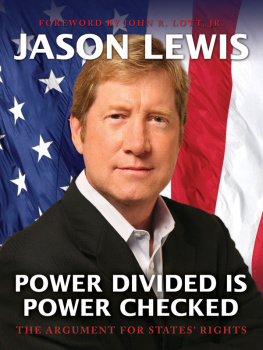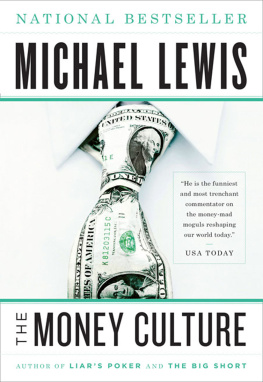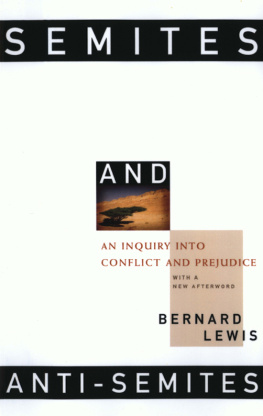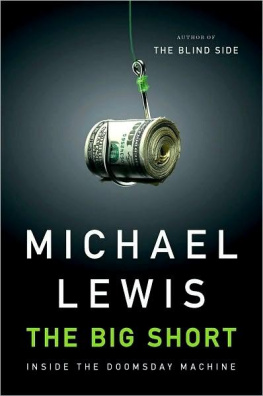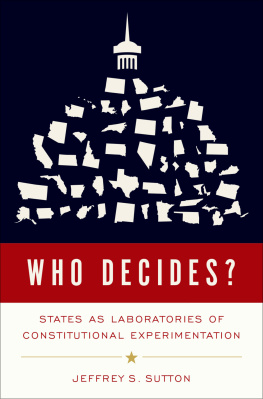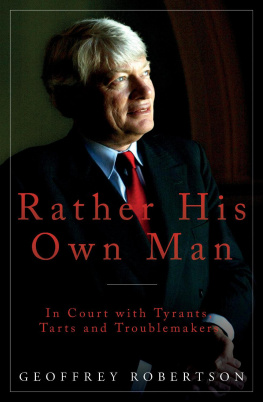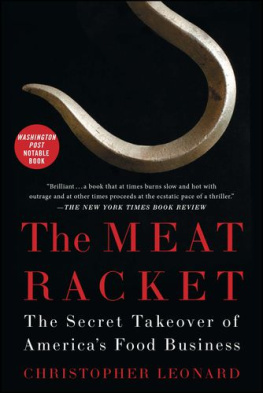Power Divided is Power Checked
The Argument for States' Rights
by Jason Lewis
Copyright 2011 by Jason Lewis
Bascom Hill Publishing Group
212 3 Ave North, Suite 290
Minneapolis, MN 55401
612.455.2293
All rights reserved. No part of this publication may be reproduced, stored in a retrieval system, or transmitted, in any form or by any means, electronic, mechanical, photocopying, recording, or otherwise, without the written prior permission of the author.
ISBN: 978-1-935098-68-3
The powers delegated by the proposed Constitution to the federal government are few and defined. Those which are to remain in the state governments are numerous and indefinite...The powers reserved to the several states will extend to all the objects which, in the course of ordinary affairs, concern the lives, liberties, and properties of the people, and the internal order, improvement, and prosperity of the state.
James Madison, Federalist 45
For my mother and father,
who introduced me to the world of politics
at an early age (often against my will),
and for my wife and children,
for whom I have tried to do the same.
Acknowledgements
MY SINCERE THANKS to Mark Levine and Bascom Hill Publishing Group for taking on this topic. Ive felt strongly about this issue for years and appreciate their willingness to put my views in print. I also thank my editor, Marly Cornell, for her fastidious workmanship in reviewing my manuscript.
Of course, I thank all those scholars who have done the vital research that I found both invaluable and inspiring. They are referenced in the book so I wont name them here, but they laid the foundation upon which my work, and that of so many others, is based.
Thanks also to my radio producer, Brendan Kearin, who picked up the slack at the office while I was busy with the book.
Last, but certainly not least, I am indebted to my family for putting up with the many hours I spent away from them, laboring in what they call my bat cave. They are my inspiration.
Foreword
I listen regularly to Jason Lewiss radio show because of his cogent, well-prepared insights that you wont hear anyplace else. For anyone who has heard Jason on his national radio show, listened to him when he substituted for Rush Limbaugh, or read his opinion pieces in places such as the Wall Street Journal, you know what I am talking about. This book is a genuine treat. The book continues Jasons trademark style by providing a real education, in this case on why states rights has been so important to Americas success and why the nationalization of decisions threatens Americans freedom.
This book couldnt be more timely. With the federal government quickly taking over ever more aspects of our lives, the last vestiges of individual choice seem to be disappearing. Local citizens, who know to pick the rules that best serve their interests, instead face thousands of federal criminal statutes governing everything from the size of your toilet tank, the water pressure in your shower, and what your children can study in school. One of the remarkable benefits of the American experiment is that permitting states to make decisions in the past has allowed Americans to learn from the mistakes of others.
In the past, if states that made bad decisions were unwilling to reconsider them, Americans had the ability to move to other states. If healthcare regulations lowered the quality of healthcare, and raised costs enough, Americans could move to a state with more acceptable options. We are quickly losing not only this important way of evaluating laws, but we have also lost our freedom to move away from bad government decisions.
Jason Lewis has the rare knack for putting ideas across in a jargon-free commonsense way. This concise and carefully written book provides the highlights of the legal history of the relationship between the states and the federal government. And he takes on the hard issues in a way that is thoughtful, not ideological.
America has moved far from the constitutional protections that were originally set up to protect freedom. Jason not only explains where we are and how we got here; he also offers a way out of the constitutional malaise the nation finds itself in today. If his viewpoint seems radical, its only because we have drifted so far from the limited government tradition that the author attempts to reclaim.
Read this book and youll have a much greater understanding of just how fragile the republic has become. You will also, assuming Lewis prescription is followed, have much-needed hope for the future.
John Lott, PhD, economist and senior research scientist at University of Maryland, and author of five books including Freedomnomics, The Bias Against Guns, and More Guns, Less Crime
INTRODUCTION
FOR TOO LONG, the concept of states rights has had a negative connotation. Racial strife in the post-Civil War era made taboo the notion of returning power to the states. But allocating power to the several states was never about race; it was about a constitutional framework that hoped to limit the mistakes of government and provide the greatest amount of freedom and decision-making to the people in the several states. Rediscovering the principles of dividing power within the republic is the best guarantor that the errors of the past dont return on a much larger scale.
At the end of the first decade of the twenty-first century, we are a divided nation-precisely because we have chosen to consolidate government by unleashing it from its constitutional moorings. A one-size-fits-all policy dictated by unelected bureaucrats and judges in Washington D.C. has not brought the country together-to the contrary, it has torn us apart. For example, three of the most divisive issues of our time will not be decided by the people, but most likely by the Supreme Court of the United States.
The citizens of Arizona, facing fiscal and social upheaval, decided to restore the rule of law to their states border. Arizonas elected representatives sensibly voted to codify federal immigration policy under their inherent authority to police the law-only to find that a federal court, at the behest of the Justice Department, rejected the legislation. The judge went so far as to suggest that Arizonas enforcement of immigration law would place an impermissible burden on federal authorities. The state be damned.
In California, a federal judge overruled the express will of the voters as reflected in Proposition 8, which had defined marriage in the Golden State as between a man and a woman. The opinion was a fanciful case of legal reasoning that somehow found a constitutional right to same-sex unions, even though, as Chapter Five notes, marriage and family law has long been the province of the states. If the highest court in the land eventually upholds the decision, it will redefine the institution of marriage (for good or ill) for the entire country, not just California.
Finally, the fate of American healthcare, how we get it and how much, will also lie in the hands of the federal judiciary. The constitutionality of Obamacare-specifically, the mandate that all Americans must purchase a government-approved health plan-has been challenged by a number of states. And they have been given the green light to take the case forward. Heres one possible reason: the so-called fine for refusing to purchase health insurance amounts to an unconstitutional direct tax on the average citizen. That is, there is no taxable event that would trigger an indirect tax, such as the case with an excise tax. No, the presidents plan taxes you if you dont do something.
The common thread in all three issues is the rise of a federal behemoth overwhelming the states and their citizens. Frankly, it matters less what side of the issue youre on and more on whether youll have a meaningful say in the debate. If most of America feels frustrated, thats why.

